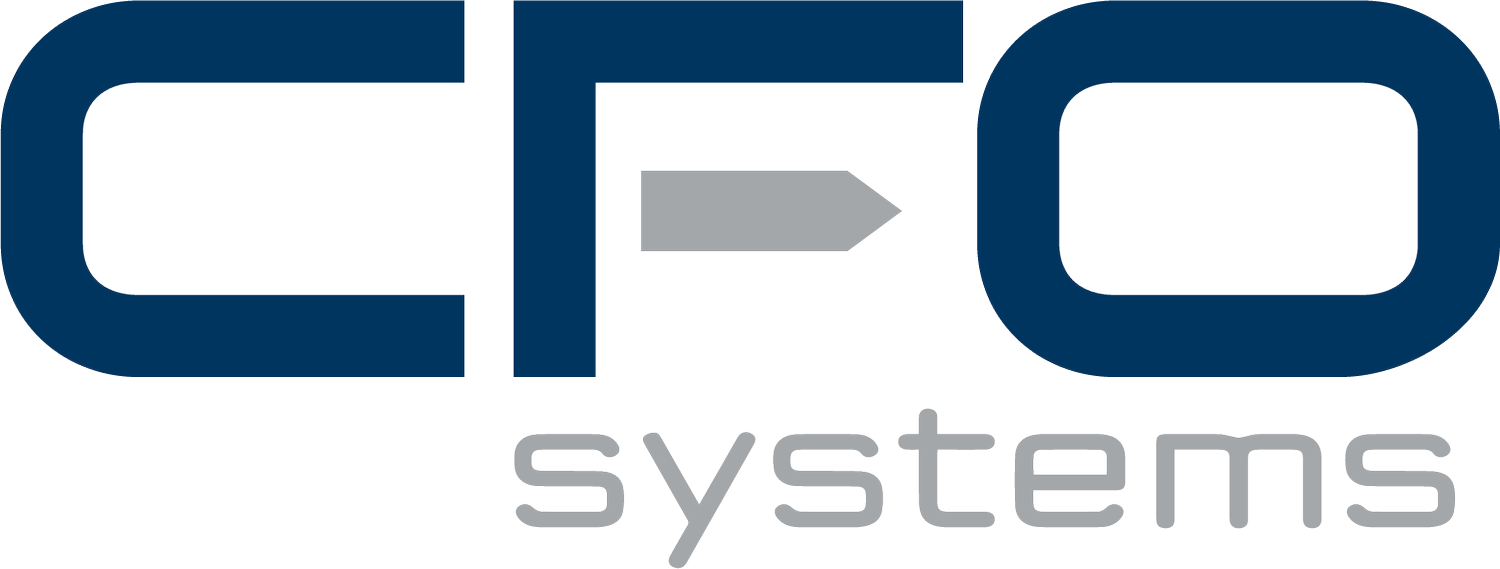A CFO’s Impact On a Small Business
Initially, hiring a CFO as a small business seems unfeasible. Usually associated with larger organizations and a higher salary, some business owners think that:
They cannot afford to hire CFO.
They do not believe that they are a large enough business to even need a CFO.
While it is true not EVERY small business, or even large business, necessarily needs a CFO but the invaluable benefits they can bring to any sized business should never be overlooked.
As for cost, there are other options than taking the plunge and hiring a full time CFO. If you are looking to access their knowledge, experience, and skills without breaking the budget an organization can either hire part-time or just outsource CFO tasks entirely. The most cost-friendly option being outsourcing. Roles a CFO will take over in a business depends on a number of factors such as owner, or board of directors, expectations, an organization’s size, their short term goals, long term goals, budget, and financial restrictions.
Some organizations think that CFOs can be related to bookkeepers or accountants and think hiring these can make up for not hiring a CFO. Unlike accountants or bookkeepers who focus on basic financial information like recording transactions or preparing financial documents, CFOs use their extended financial knowledge to help analyze past and present data and help develop solid, growth-focused financial strategies that can help meet your organization’s goals.
Beyond this, there are other incredible benefits that CFOs can bring to an organization when they take over certain financial roles, especially in a small business.
Forecasting
Forecasting, which refers to the estimate of future financial outcomes helps organizations predict any potential issues, establish realistic goals, and make more informed financial decisions. In a small business, proper forecasting can lead to a more stable business from the beginning. Utilizing a CFO’s financial knowledge can help a business understand profitable areas that should be focused on, where to allocate resources, gain valuable insights into a business’ past performance, and help guide the financial direction of the business.
Tax Planning
Taxes can be a daunting task for any business owner regardless of size but handing the role to a CFO ensures proper, legal tax planning annually. When taking on this role, CFOs will maintain proper communications with an organization’s tax advisor and preparers to help with tasks such as maximizing all tax related strategies, minimizing potential tax liability, interpreting changes in the law, analyzing tax benefits, improving current tax positions, and building and preserving assets.
Cash Flow Management
Effective cash flow and cash flow management can be tricky for small businesses, but it is vital in a business’ overall financial health. A CFO can help manage cash flow and help optimize cash flow by monitoring and analyzing cash flow projections, assessing how much cash a business currently has, determining what they will need for the future, and prioritizing spending.
Risk Management
One of the most important tasks a CFO takes lead on for a small business is risk management. This is because with their knowledge and experience both financially and of business itself, they can identify issues or potential challenges before they materialize and reduce the overall risks a business could face. The type of risks that CFOs can help avoid are financial, compliance, operational, IT, personnel, debt, and liquidity risks.
Now while those are just four (basic but critical) roles a CFO can take on in a small business, there are plenty of other responsibilities that they can take lead on including:
Managing all financial processes and overseeing all preparation of financial reporting.
Advising on long term business decisions.
Establishing relations with senior management, investors, and any other external partners.
Reviewing all formal finances.
Leading communications with banks or other financial institutions.
Supervising mergers.
Establishing and managing a capital plan.
Driving investor development and relationships.
Now, as stated above, a CFO is not required for every single business but there are signs that your small business might need one. If you are a small business who is looking to access more business experience and resources, need help with investment decisions, have unmanageable finances, want to secure your financial future, or want to maintain a competitive edge, hiring or outsourcing a CFO could be a necessary asset to your business.


